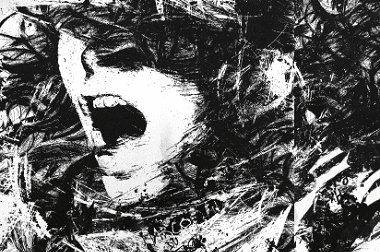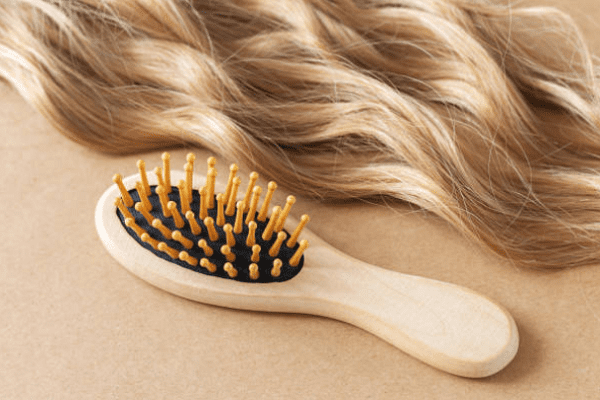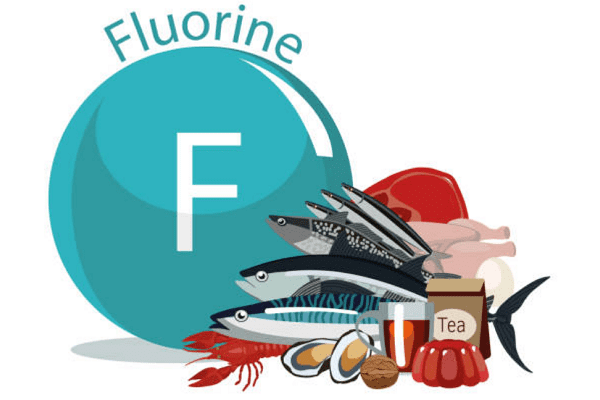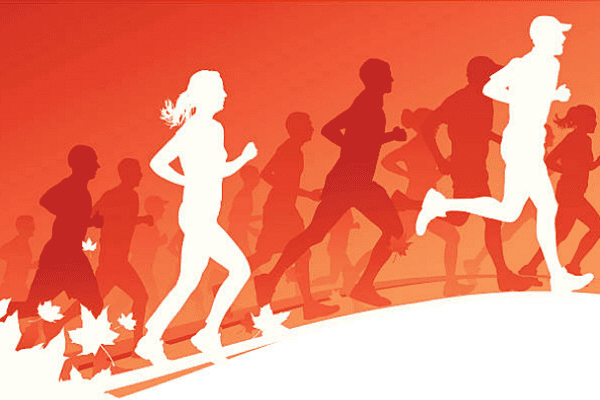Interesting >>>> Is stress good or bad for the human body?
Is stress good or bad for the human body?

As a rule, with the word "stress" a person has unpleasant associations associated with overstrain of the nervous system. A stressful situation is usually regarded as negative, inconvenient for a measured life, disturbing, unsettling. But let's look at stress from different angles. What is the anatomy of stress? Why did nature come up with this state of the stress? Why shouldn't a person look at the world around him with equanimity?
The instinct for survival and self-preservation is inherent in human nature for a reason. Initially, the body considers the environment as hostile, and therefore it must always be prepared for its changes, no matter what character these changes take (towards improving or worsening the state of the body). Stress is believed to be the body's natural response to external stimuli. Such stimuli may already be familiar to the person, or be of an unusual, extreme nature.
The author of the modern concept of stress, Canadian Hans Selye, expressed the opinion that a person cannot be completely free from stress, for him it is death. The same opinion is shared by scientists who consider stress in a narrow sense, that is, only as a factor in the adaptation of the organism. Since the environment is in constant dynamics, the body is forced to constantly adjust to these changes, even if they are not noticeable at first glance. The fact is that a person experiences some minimal stresses in a natural way and almost painlessly, without paying special attention to them.
The stressors are defined as stressors. By their nature, stressors are different, they can be of a physiological or psychological nature. It follows that stress has a psychological or physiological origin. Extreme physical load on the body, exposure to low and high temperatures, hunger, pain, psychological overload associated with an intense flow of information, including negative information, conflict situations and similar "inconveniences" start an adaptation mechanism. Adaptation takes place in three stages: anxiety, resistance, exhaustion.
The anxiety stage is the beginning of the adaptation period. It is directly related to the mobilization of the functions of the adrenal glands, immune system, cardiovascular system, gastrointestinal tract in the body.
The stage of resistance is possible only when the body has sufficient reserves (capabilities) to compensate for the load caused by the stressor.
The stage of exhaustion begins when the body's reserves of capabilities gradually decrease, and it can no longer resist external stimuli.
Human adaptive capabilitiesare not limitless, but every organism is endowed with them to varying degrees. In addition, these capabilities are primarily associated with a set of genes inherited by each individual person in the process of evolution of his organism, and secondly, they can be developed throughout life, depending on the very environment of his habitat. And these acquired adaptive capabilities are influenced by early stresses, which in turn also modify the degree of adaptation and its possible variations. An example of such a change can be cases when children who grew up in incomplete dysfunctional families feel less confident in life than children who grew up in well-being, and on the other hand, these same children in adulthood may turn out to be more adapted to certain psychological traumas.
Russian scientists supplemented the theory of Hans Selye, proving that the nervous system plays the main role in regulating adaptation processes during stress . The nervous system tells the body that it is dealing with stress. And it is the nervous system that is responsible for how adequate the body's response to stress will be.
The essence of stress is that it affects different levels of the body's response, disrupting the biochemical balance of substances in the body. The endocrine system is the first to fight stress when the adrenal glands begin to release the hormone adrenaline into the bloodstream and speed up the work of the cardiovascular system. Adrenaline narrows the lumen of the blood vessels, thereby increasing pressure and heart rate. The blood vessels contain so-called baroreceptors, which control the level of blood pressure. The baroreceptors themselves are controlled by the nervous system, sending impulses to it. And these same baroreceptors, passing into the zone of increased pressure during prolonged stress, tend to adapt to conditions of increased pressure, that is, they cease to notice it.
A well-functioning functional system itself maintains the blood pressure level in the body that is optimal for metabolism. But lingering stress-related disruptions are frustrating. And the longer the failure lasts, the greater the deviation from the level that ensures normal metabolism in the tissues of the body.
Another hormone, cortisone, is injected by the adrenal glands a little later to bring the body into a pre-stress, normal state. Simply put, the nervous system begins the work of the body on stress, and it ends it.
In nature, in animals, an increase in pressure is a short-term thing, automatically regulated. But it should be borne in mind that animals in natural conditions are less susceptible to prolonged stressful situations, in contrast to humans.
Summing up the above, it should be noted that the extent to which the body suffers or returns to normal depends on the duration of stress. And the interruption of a prolonged stressful state depends on how much a person is able to independently control this process. Short-term stresses allow the body to survive and adapt most successfully to the surrounding world, and prolonged, uncontrollable stresses lead to weakening and depletion of the body and, at best, provoke diseases, and at worst, lead to death.

Read

Read


























